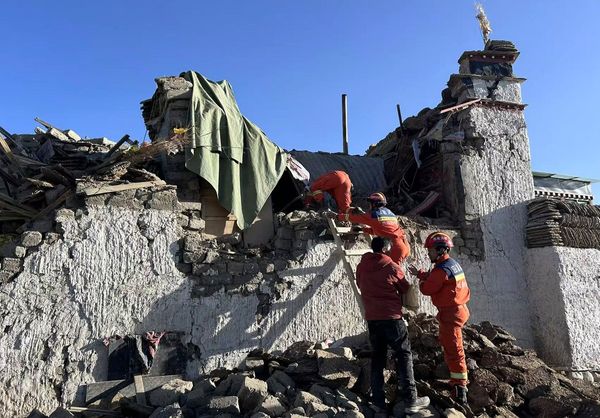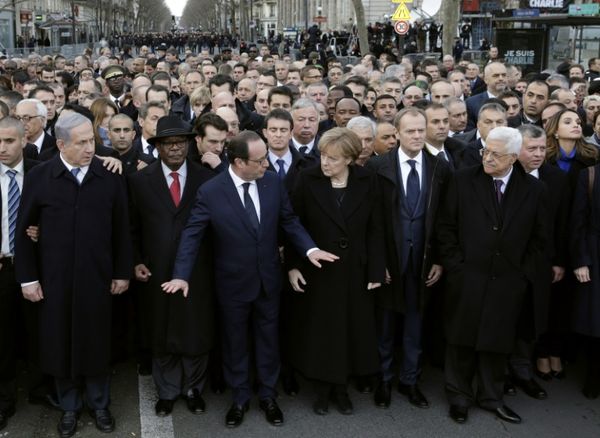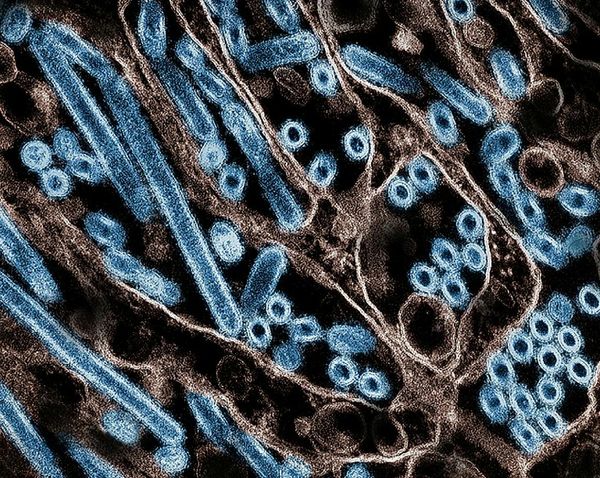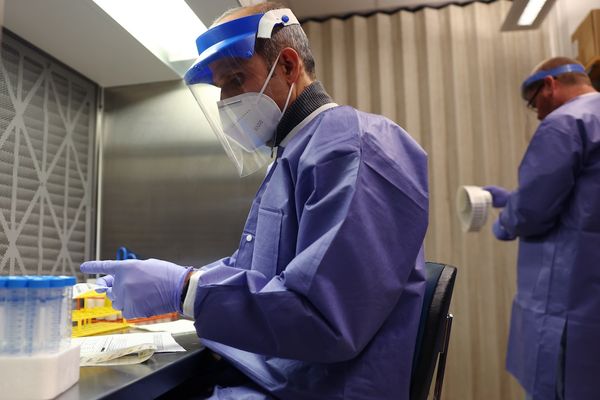
Washington (AFP) - The on-field cardiac arrest suffered by Buffalo Bills safety Damar Hamlin may have been the result of a "perfect storm" of events in which a blow to the chest was combined with a split-second moment of vulnerability during a heartbeat, experts said on Wednesday.
Sumeet Chugh, medical director of the Heart Rhythm Center at the Smidt Heart Institute at Cedars-Sinai in California, said this was one of a number of potential explanations for Hamlin's medical crisis.
The 24-year-old Hamlin collapsed on the field after making a tackle during the Monday Night Football game between the Bills and the Cincinnati Bengals.
Hamlin was immediately given CPR, taken away in an ambulance and remains hospitalized in critical condition.
Chugh, in an interview with AFP, stressed that in the absence of more information from Hamlin's doctors any explanation is in the realm of "pure speculation."
But he said that because of the "obvious circumstantial evidence of the tackle" the cause of Hamlin's cardiac arrest may have been what is known as commotio cordis.
"It's a pretty rare event because it requires the perfect storm where some kind of blunt object has to strike the chest right above the heart in a tiny window of 30 milliseconds" -- a fraction of the time of one heartbeat, he said.
This throws the heart into "electrical chaos," Chugh said, and instead of beating at its normal 60 to 80 times a minute, it stops and goes into what is known as ventricular fibrillation.
Eugene Chung, a professor of cardiology at the University of Michigan, also said commotio cordis was a possibility in Hamlin's case, although "we do not have enough information to definitively say this is the cause."
20 to 25 cases a year in US
Chugh said the injury is most commonly caused by a speeding hockey puck, a baseball or a lacrosse ball but can also be caused by a strike from a fist or an elbow.
"It's so rare my best guess is there are 20 to 25 cases in the entire United States in a whole year," he said.
The most prominent case involved a National Hockey League player, St.Louis Blues defenseman Chris Pronger, who was hit in the chest by a slap shot during a Stanley Cup playoff game in 1998 and went into cardiac arrest.
Pronger recovered and went on to play in the NHL until 2012, earning induction into the Hockey Hall of Fame.
Chugh said there may be other potential causes for Hamlin's cardiac arrest, such as a heart defect or a genetic condition.
"Most of the time when you have a cardiac arrest on the field it's because the athlete has a heart condition," he said.
Heart conditions, though, "can be screened for relatively effectively," he said.
The Bills said Wednesday that Hamlin "remains in the ICU in critical condition with signs of improvement noted yesterday and overnight."
"He is expected to remain under intensive care as his health care team continues to monitor and treat him," the team said.







